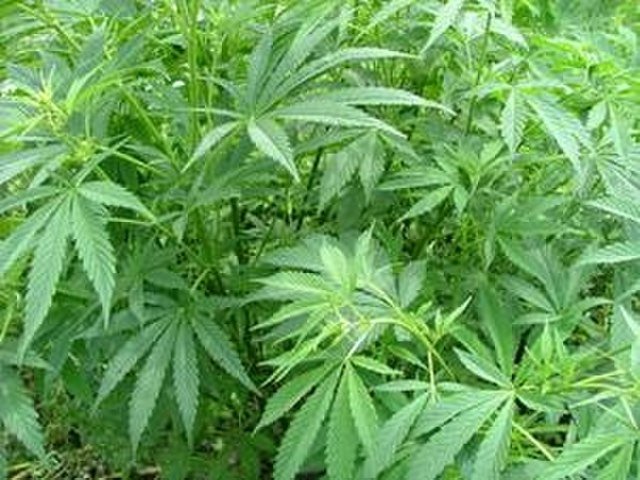Debate over cannabis opt-out rages on in Valley Stream
With the impending deadline to decide whether to ban cannabis dispensaries and consumption lounges, Village of Valley Stream officials have had much to consider in recent weeks. In the debate over the cannabis question, both pro and anti-cannabis camps have crusaded for the drug’s cause by painting distinct and opposing narratives.
Proponents, on one side, point to the necessity of a safe and regulated cannabis market, hailing the versatile benefits and uses of cannabis. Theirs is a tale of community-oriented, rigorously screened cannabis shops providing a product that serves the emerging recreational wants and health needs of residents. Critics, on the other hand, denounce cannabis as a deviant drug that, if allowed to be sold, is poised to disrupt communities and add fuel to the nation’s existing drug problem.
The village’s decision carries immense political weight, not to mention the high financial stakes at play, as the two sides refuse to concede any ground and buckle down on the rightness of their claims. But for Jim Wyler, executive director at the addiction treatment clinic Friends of Bridge in Valley Stream, the reason he supports the village opt-out boils down to the potential danger for increased abuse and addiction with the expansion of cannabis access.
Much of the public remains in the dark or skeptical about the potential risks and public health downsides of recreational cannabis use. The problem cited by Wyler is when reasonable and occasional use crosses over the thin line into substance abuse, for which serious intervention, like Wyler’s addiction clinic, is desperately called for.
“So far in 2021, we have had clients present with their primary issue being cannabis at 10.9 percent, while other drugs have another primary use disorder, but use cannabis in addition to their primary substance at a rate of 39.1 percent,” Wyler said.
As with any other drug, a certain percentage of cannabis consumers will teeter on the edge of sensible use and quickly fall prey to abusive behaviors that could, in time, snowball into substance-abuse disorder. In fact, according to the National Institute on Drug Abuse, “recent data suggest that 30 percent of those who use marijuana may have some degree of marijuana-use disorder.”
“If you’re experimenting or socially using drugs, that’s fine,” Wyler said. “The issue then is you go along the train tracks onto abuse when you’re using the drug more frequently or in more amounts because we develop a tolerance to the drug…It becomes less of a social event, and more of a feeling not to feel or to get that pay off.”
While health officials widely agree that cannabis is less addictive in comparison to drugs like alcohol, tobacco and opioids, its potential for psychological dependence can pose a serious risk to a person’s cognitive health and wellbeing. As outlined by the Substance Abuse and Mental Health Service Administration, health concerns for those individuals characterized as heavy-use cannabis consumers include increased risk for psychotic disorders, a decline in IQ and lower school and job performance, and links with depression and suicide.
And when it comes to populations susceptible to abuse, adolescents are hit especially hard. According to the National Institute on Drug Abuse, “Teenagers are more likely than young adults to become addicted to marijuana or prescription drugs within a year after trying them for the first time.”
Critics who wish to point an accusatory finger against cannabis should take pause, however, and note the importance of dosage and frequency with regards to seeing the negative effects of cannabis, much like with alcohol and cigarettes. Nor should the public knock off the emerging evidence for cannabis’s therapeutic and medical value. But one thing is clear: An informed public discussion about cannabis must seriously consider the health and social risks of legalization that both sides of the argument must acknowledge and form their stance accordingly.

 59.0°,
Mostly Cloudy
59.0°,
Mostly Cloudy 





